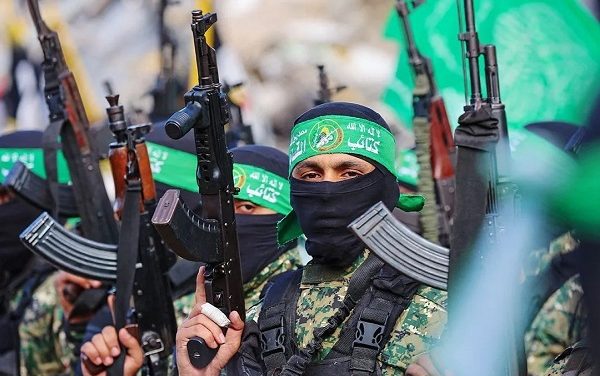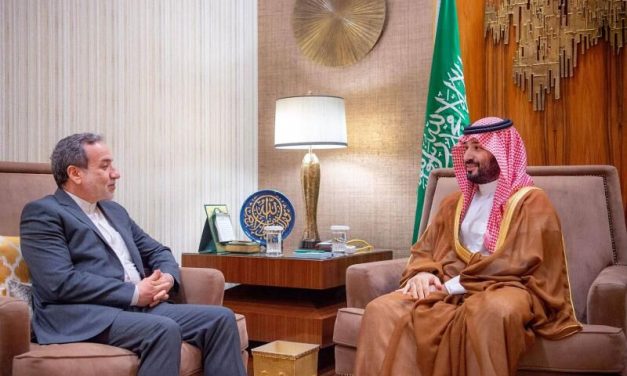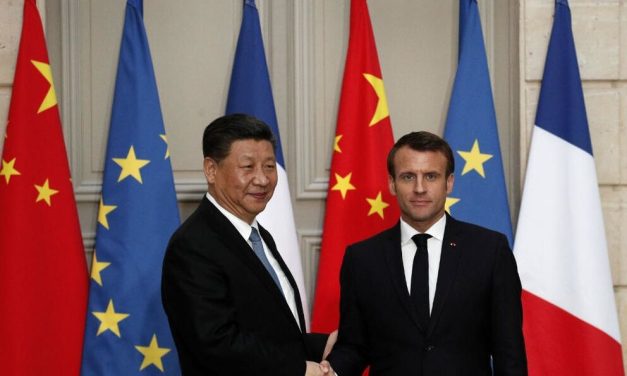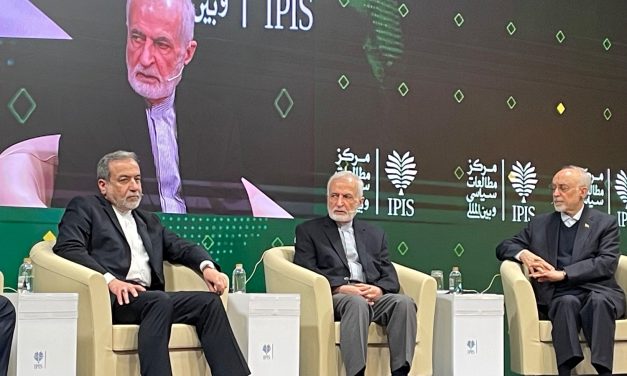From this point of view, global experiences have shown that adopting the approach of confronting the world and opposing the process of regional and international cooperation, even in response to the policy and action of the other side, is one of the most severe factors that prompt the formation of a global consensus against a country that entails all kinds of sanctions and pressures against it. Especially in the case of Iran, in addition to the above points, the outbreak of internal tensions and the damage of social capital also became the cause. They forced our country to face one of the most severe international bottlenecks at the end of 1401 (2022-2023) and suffer various pressures from different countries.
Nevertheless, the improvement of the relations between Iran and Saudi Arabia and, of course, the speed of its occurrence, which finally took place with the admirable efforts of China and caused the two key countries of the West Asian region to resume their diplomatic relations after nearly seven years, is a turning point in Iran’s foreign policy. It is expected that the development of such ties in different dimensions in the year 2023-2024 can help to change the atmosphere and conditions of the region and even the international orientations of the big powers in favor of Iran.
From a strategic point of view, the political reconciliation between Iran and Saudi Arabia can be the source of positive developments in various dimensions and prepare exploitation of the capacity of bilateral cooperation, which until now remained unused due to the involvement of transregional powers and political-ideological differences of the two countries. In this regard, Iran’s rise to strengthen cooperation with the Persian Gulf Cooperation Council and turning this organization into one of the most effective regional security treaties should be among the key priorities.
Arranging a unified approach and coordinated foreign policy between the countries belonging to the Islamic World, creating coordination and alignment in pursuing the common interests and goals of the Islamic World, and establishing regional peace and cooperation should be among the other plans of Iran and Saudi Arabia in the New Year.
Of course, this improvement of relations between the two key countries of the West Asian region can have wider regional consequences and achievements. If properly managed, it will also help to improve the relations of the Islamic Republic of Iran with other neighbors, especially the Arab neighbors. So far, practical steps have been taken to improve relations with the United Arab Emirates and Bahrain. It is necessary to follow this process in relations with other Arab countries.
Development of relations with the Persian Gulf states, in addition to its importance, also helps to solve another serious problem of the country’s foreign policy, that is, the development of the Abraham Accords and the increase of the influence of the Zionist regime in the southern borders of Iran, and it can cause a halt and even collapse of that dangerous accord. Of course, the Israeli government will try hard to destroy such relations; therefore, one of Iran’s main challenges in the current year will be correctly managing relations with Arab neighbors and preventing the deterioration of relations with those countries again.
The issues of the Caucasus, including the conflict between the Republic of Azerbaijan and Armenia, and especially Baku’s unexpected and non-constructive approach towards Iran, will be other fundamental issues in Iran’s foreign policy in 2023-2024. Since the Karabakh war in 2020, the government of Baku, with the instigation of the Israeli regime, has made a significant effort to cut off Iran’s border connection with Armenia and hit Iran’s geopolitical position. Establishing the Zangezur Corridor, which, if implemented, will significantly harm Iran’s interests and geopolitical situation, is considered unacceptable and a significant challenge to the country’s foreign policy. Also, after the strange incident of the attack on the embassy of the Republic of Azerbaijan in Tehran and the decision to evacuate the embassy by the Baku authorities, many opposing official and semi-official points were raised against Iran and the country’s territorial integrity, which Iran’s restraint and patience have so far accompanied. Based on this, considering the increasing influence of the Israeli regime in Azerbaijan and the movements of that regime to create differences between the countries of the region, the Islamic Republic of Iran must take an active and deterrent approach to resolve this crisis.
The crisis in Afghanistan and the approach of the Taliban towards women, the Shiites, and their schools, as well as the water right of Hirmand, are other serious issues that must be considered in 2023-2024. In this regard, although it is necessary to maintain communication and try to adjust policies and influence the Taliban group on the part of Iran, the critical point is that being on the list of countries that support the Taliban before the international community recognizes it is considered a danger to Iran’s regional and global prestige and credibility, and it does not have the support of domestic public opinion; especially, this group has fundamental differences with Iranian culture and civilization in terms of identity, religion, and ideology. Despite the announced policies, this group has been able to create border disturbances for Iran in the nearly two years that it has been in office and has made it difficult to allocate the water right of Hirmand to our country. Based on this, the policy of mere tolerance with this group will not be beneficial and will increase their threats and harassment against our country.
At the regional level, the follow-up of common environmental crises with neighboring countries, such as the dust crisis, drought, and the indiscriminate construction of dams in some of those countries, along with other cases mentioned, is necessary to be among the priorities of Iran’s foreign policy in 2023-2024.
But at the international level, Iran’s most significant challenge in 2023-2024 was the issue of the nuclear case and the revival of the Joint Comprehensive Plan of Action (JCPOA). In the current situation where the country is under sanctions and oppressive international pressures, and such sanctions have dealt terrible blows to the country’s economy and business, it is necessary to take immediate action with dignity, expediency, and wisdom to get out of this situation and remove the oppressive sanctions, and then, measures should also be taken to get out of the FATF blocklist so that the train of the country’s economy returns to the original and natural track and the Iranian society can regulate its movement towards development with more peace and stability.
Creating balance and equilibrium in the country’s foreign relations, not unevenly making heavier the balance of foreign policy towards the East or West and playing a balanced game with the cards of all nations and influential international powers to encourage them to cooperate with Iran and take maximum advantage of strategic agreements with Russia and China are among other strategic priorities of Iran’s foreign policy in 2023-2024.
Putting all the eggs in the basket of the East and provoking and giving excuses to the West for more hostility and enmity against our country will not only increase the pressure of international sanctions and successive international resolutions against Iran and lead to the weakening of our country’s position in international organizations but also push China and Russia to withdraw from their commitments with Iran and score points from our country. Based on this, creating a balance in foreign policy and especially maintaining a distance from Russia in the Ukraine war and avoiding any suspicion regarding participation and intervention in that war should be among the other critical priorities of Iran’s foreign policy in 2023-2024.
But in the end, what is one of the essential principles for the success and progress of a country, both in domestic and foreign policy, is a realistic attitude towards the existing situation, a detailed understanding of the challenges and problems, and the reasons for their formation, and trying to solve those challenges through cooperation, consultation, and synergy by using the capacity of all groups and political spectrums of the society that operate within the framework of the constitution. Neither painting a black picture and creating despair nor naive optimism and false induction of favorable conditions, none of them can help improve Iran’s needs and move in an orderly and organized way toward progress and development.










0 Comments